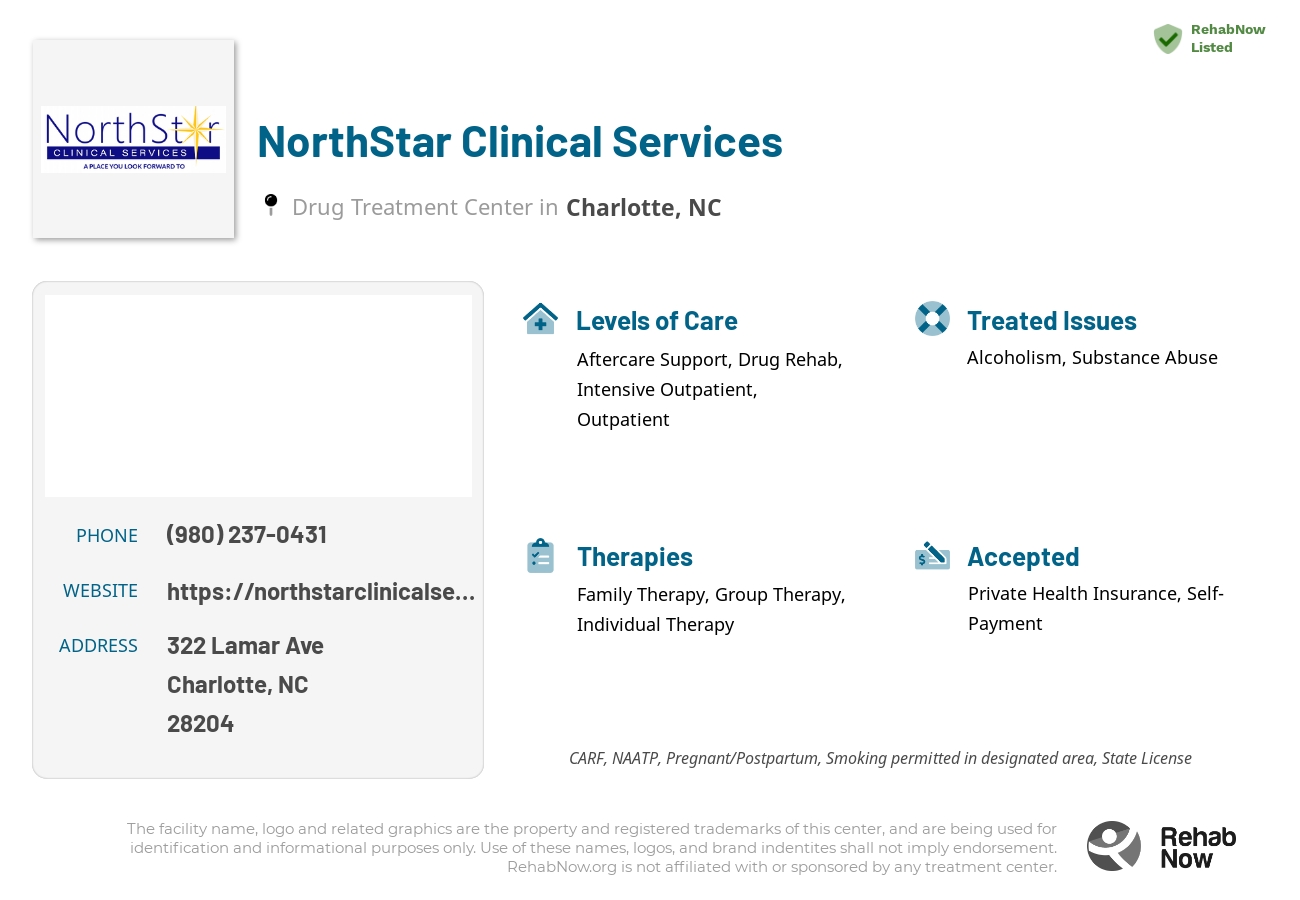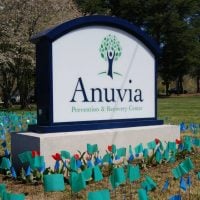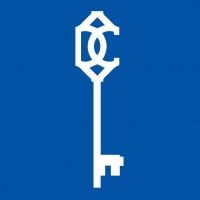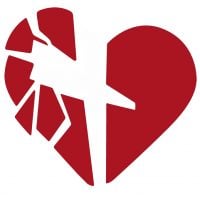
NorthStar Clinical Services
Drug Rehab Center in Charlotte, North Carolina
- Substance Abuse
- Drug Addiction
- Alcoholism
NorthStar Clinical Services in Charlotte, NC provides personalized and compassionate care to those struggling with alcohol and substance abuse through evidence-based treatments and services such as family, group, and individual therapy, drug rehab, and aftercare support.
About NorthStar Clinical Services in North Carolina
NorthStar Clinical Services is an addiction treatment facility in Charlotte, North Carolina. Since its founding in the early 2000s, the facility has provided individualized comprehensive care for those struggling with alcohol and drug addictions, substance abuse, and mental health issues. NorthStar Clinical Services offers a variety of services, including aftercare programs, intensive outpatient, outpatient, and partial-hospitalization levels of care. NorthStar accepts private healthcare insurance and all the services are tailored to the needs of each client.
At NorthStar Clinical Services, clients will benefit from a range of evidence-based, individualized treatment programs for alcohol and drug addiction, substance abuse, and mental health. These include in-depth assessments, personalized treatment planning, and support systems. NorthStar Clinical Services also offers relapse prevention education, as well as support and monitoring during their aftercare program. The facility is accredited by the Joint Commission, and is a licensed treatment center in the state of North Carolina.
Genders
Ages
Modality
Additional
Conditions and Issues Treated
A combination of treatments is often needed to treat drug abuse. Some addictions can be treated with counseling and support groups. In other cases, drug abuse can lead to a medical problem and require medical treatment. Treatment for drug addiction typically combines counseling and psychotherapy with medication and behavioral therapies.
A combination of treatments is often needed to treat drug abuse issues effectively. In the case of drug abuse, there is no easy answer or one-size-fits-all cure.
Levels of Care Offered
This center offers a variety of custom treatment tailored to individual recovery. Currently available are Aftercare Support, Drug Rehab, Intensive Outpatient, Outpatient, with additional therapies available as listed below.
The Intensive Outpatient Program offered by NorthStar Clinical Services is designed for those who need intensive care but would rather get it in the comfort of their own home. The treatment programs vary in duration and intensity and can be tailored to suit the patient’s needs. The program includes regular visits to the facility, though the overnight stay is not needed. IOP is suitable for patients who have been treated in residential treatment programs and are in the transition phase. It helps the patient live at home and discharge some work or school responsibilities even while undergoing treatment. The patients gradually get back to their routine life with the support of a friend or family member.
Outpatient treatment is often used for drug addicts in drug rehab. Outpatient treatment consists of counseling and therapy sessions. This form of treatment is also called ‘day-treatment’. The outpatient treatment process begins with the addict’s initial detox period, lasting about ten days.
Outpatient treatment is used for those who are at moderate risk for ‘slipping back’ into the addiction, for those who:
- Are not currently experiencing any side effects from withdrawal and can handle social pressure
- Can handle stressors that might trigger relapse
- Have a stable living environment or have moved out of their previous environment, which was not conducive to being sober
- Have a support system that allows them to go to a facility a few times a week while still keeping their current responsibilities
- Have no legal obligations, being either on parole or probation, that require them to seek treatment at a mandatory facility
- Are not currently experiencing any side effects from withdrawal and can handle social pressure
- Have a stable living environment or have moved out of their previous environment, which was not conducive to being sober
Completing a drug or alcohol rehab program is only the first step. Then comes aftercare support. These services include sober living accommodations, career counseling, and AA/NA programs for those struggling with sobriety or who want help maintaining it after initial rehab at an addiction facility.
They can last up to a year or more depending on what’s needed most urgently after the earlier stages are completed.
Therapies & Programs
Because no single treatment is effective for all addicts, the goal of treatment and therapy should be to figure out what works best for each individual. Tolerance and withdrawal levels differ from person to person, affecting the treatment intensity required. Addiction treatment should aim to help addicts develop healthy coping mechanisms for dealing with their addiction and its underlying causes.
Family therapy is beneficial for people who are in addiction treatment services because it offers addicts the opportunity to work with their family members to better understand what led them to make choices that contributed to their addiction.
This type of therapy helps family members reach a deeper understanding of how they can best support their loved one during recovery. It also helps the addict better understand their own motivations and triggers that led them to turn to substance abuse.
Family therapy can help addicts in the following ways:
- Assists family members in processing difficult feelings so they don’t blame or resent recovering addicts
- Assists family members in understanding how addiction has impacted the addict and everyone who is involved with them
- Allows the addict to take responsibility for their actions, while encouraging improved communication skills
- Helps family members understand how to best support an individual in recovery so addicts don’t relapse again.
Group therapy can help build a stronger support system and give addicts in Charlotte, NC insight into their addiction that they gain through shared conversations. Group therapy occurs in a controlled group environment, exclusive of one on one meetings. This makes it safer for patients to feel comfortable sharing the struggles they’re going through and gaining perspective.
Payment Options Accepted
For specific insurance or payment methods please contact us.
Is your insurance accepted?
Ask an expert, call (888) 674-0062
Additional Details
Specifics, location, and helpful extra information.
Charlotte, North Carolina 28204 Phone Number(980) 237-0431 Meta DetailsUpdated November 25, 2023
Staff Verified
NorthStar Clinical Services Patient Reviews
There are no reviews yet. Be the first one to write one.
Charlotte, North Carolina Addiction Information
North Carolina ranks 29th in the nation for overall substance abuse. Many of the drugs abused in the state are illicit, and many of these are opioids. Prescription opioids are readily available due to the high rates of medical workers prescribing them. The number of prescriptions has increased tenfold since the 1980's. Opioid overdoses are the most common type of death in North Carolina.
4.3% of Charlotte residents aged 12 and older reported using illicit drugs. There are over 60,000 people addicted to drugs in Charlotte, North Carolina. This harms the community and contributes to crime and other social problems. Medication-assisted treatment is often used in conjunction with other forms of treatment, such as therapy, and can be very successful in helping someone overcome addiction.
Treatment in Nearby Cities
- Albemarle, NC (36.4 mi.)
- Spring Lake, NC (104.6 mi.)
- Elizabethtown, NC (132.1 mi.)
- Pineville, NC (9.8 mi.)
- Midway Park, NC (200.1 mi.)
Centers near NorthStar Clinical Services
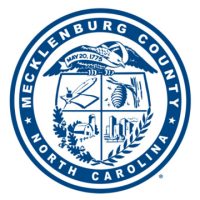
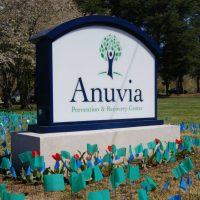

The facility name, logo and brand are the property and registered trademarks of NorthStar Clinical Services, and are being used for identification and informational purposes only. Use of these names, logos and brands shall not imply endorsement. RehabNow.org is not affiliated with or sponsored by NorthStar Clinical Services.
